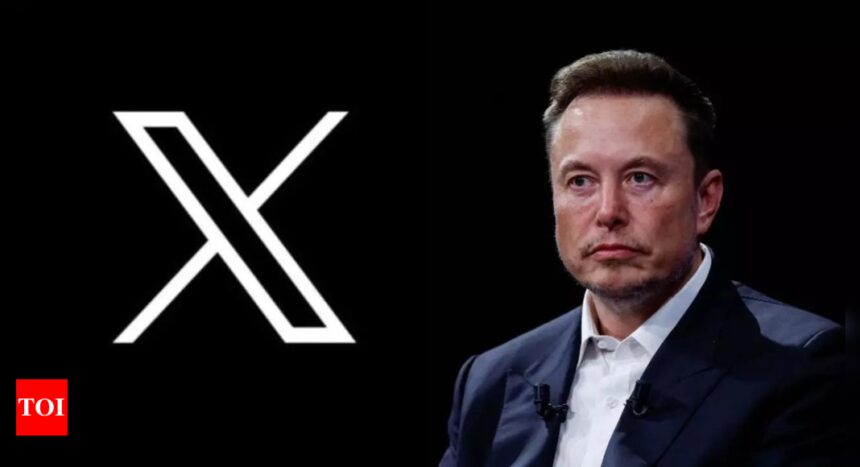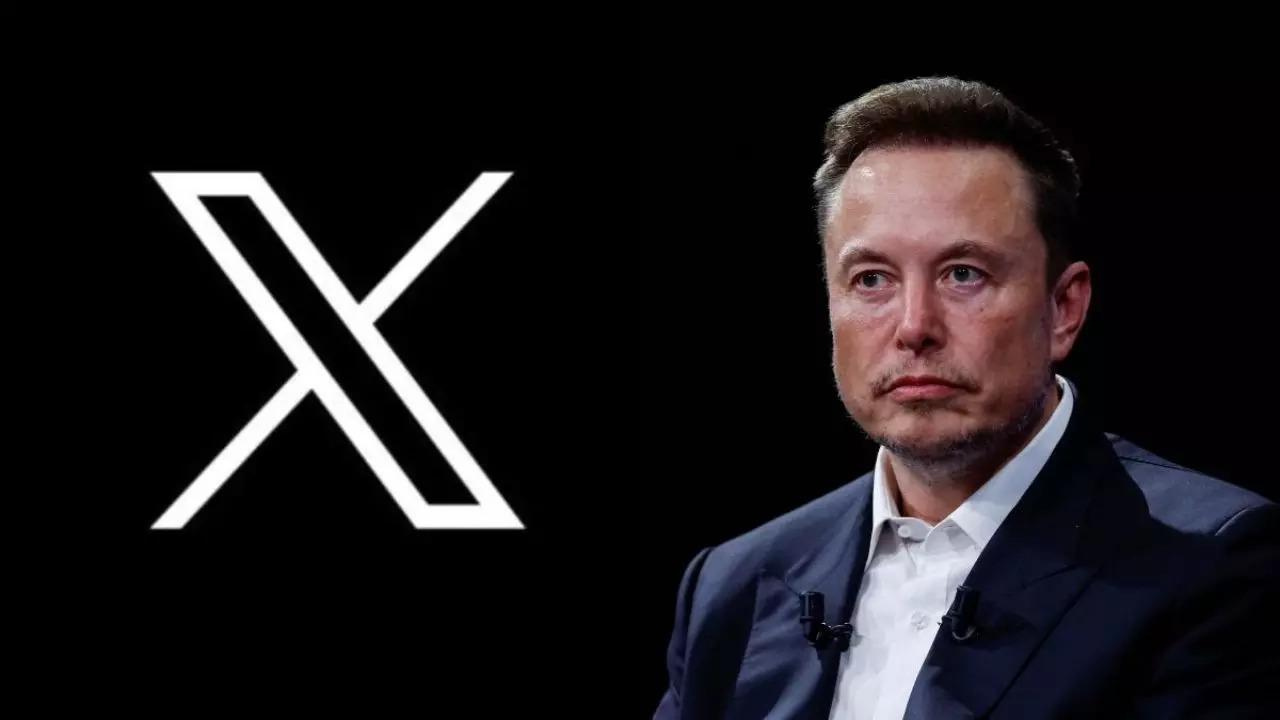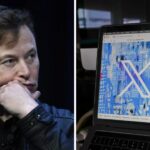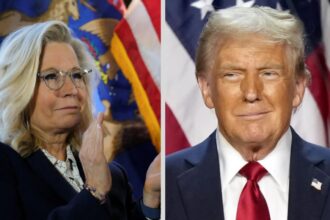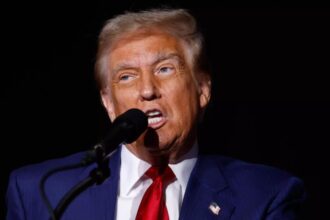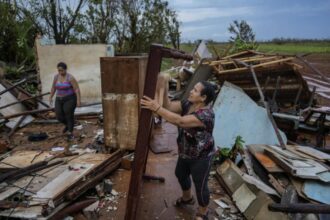RIO DE JANEIRO: In his continuing fight with the Brazilian authorities, score one for Elon Musk – at least briefly. On Wednesday, his social network, X, suddenly went live again for many across Brazil after three weeks of being blocked under orders from Brazil’s Supreme Court.
The reason? X made a technical change to how it routes its internet traffic, enabling the site to evade the digital roadblocks set up in recent weeks by Brazilian internet providers.But by Wednesday night, the president of Brazil’s telecommunications regulator, Anatel, said his agency believed it would soon be able to restore the block. The new twist showed how Musk appears far from backing down in Brazil, making the dispute a significant test of strength between national sovereignty and the borderless power of internet companies.
Brazil’s SC blocked X because the company defied orders to remove certain accounts. Days later, a separate company controlled by Musk, the satellite-internet provider Starlink, told Brazilian regulators it would continue to deliver X directly to Brazilians. Starlink later backed down after regulators made clear the firm would lose its license in Brazil.X’s new approach relies on Cloudflare, a major internet-infrastructure provider based in San Francisco, to deliver its site in Brazil.
Cloudflare helps route traffic for millions of websites, so blocking it in Brazil would have major consequences for internet users across the nation of 200 million. Think of it as if X’s car was blocked in Brazil, and so it just began using Uber to get around – and now regulators are weighing whether to block Uber. Cloudflare supports over 24 million websites, including those of the Brazilian govt.
Regulator Anatel has said Cloudflare had agreed to isolate internet traffic from X. X said it moved traffic to Cloudflare because tumult in Brazil had affected its internet infrastructure in Latin America. “This change resulted in an inadvertent and temporary service restoration to Brazilian users.”
The reason? X made a technical change to how it routes its internet traffic, enabling the site to evade the digital roadblocks set up in recent weeks by Brazilian internet providers.But by Wednesday night, the president of Brazil’s telecommunications regulator, Anatel, said his agency believed it would soon be able to restore the block. The new twist showed how Musk appears far from backing down in Brazil, making the dispute a significant test of strength between national sovereignty and the borderless power of internet companies.
Brazil’s SC blocked X because the company defied orders to remove certain accounts. Days later, a separate company controlled by Musk, the satellite-internet provider Starlink, told Brazilian regulators it would continue to deliver X directly to Brazilians. Starlink later backed down after regulators made clear the firm would lose its license in Brazil.X’s new approach relies on Cloudflare, a major internet-infrastructure provider based in San Francisco, to deliver its site in Brazil.
Cloudflare helps route traffic for millions of websites, so blocking it in Brazil would have major consequences for internet users across the nation of 200 million. Think of it as if X’s car was blocked in Brazil, and so it just began using Uber to get around – and now regulators are weighing whether to block Uber. Cloudflare supports over 24 million websites, including those of the Brazilian govt.
Regulator Anatel has said Cloudflare had agreed to isolate internet traffic from X. X said it moved traffic to Cloudflare because tumult in Brazil had affected its internet infrastructure in Latin America. “This change resulted in an inadvertent and temporary service restoration to Brazilian users.”
Source : Times of India


